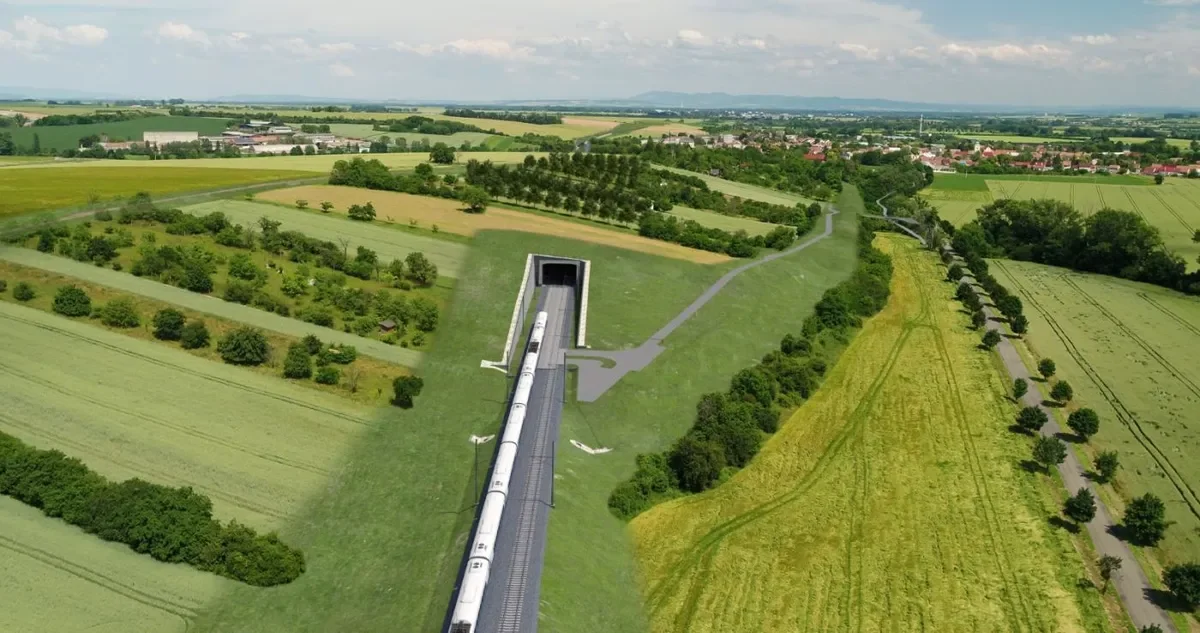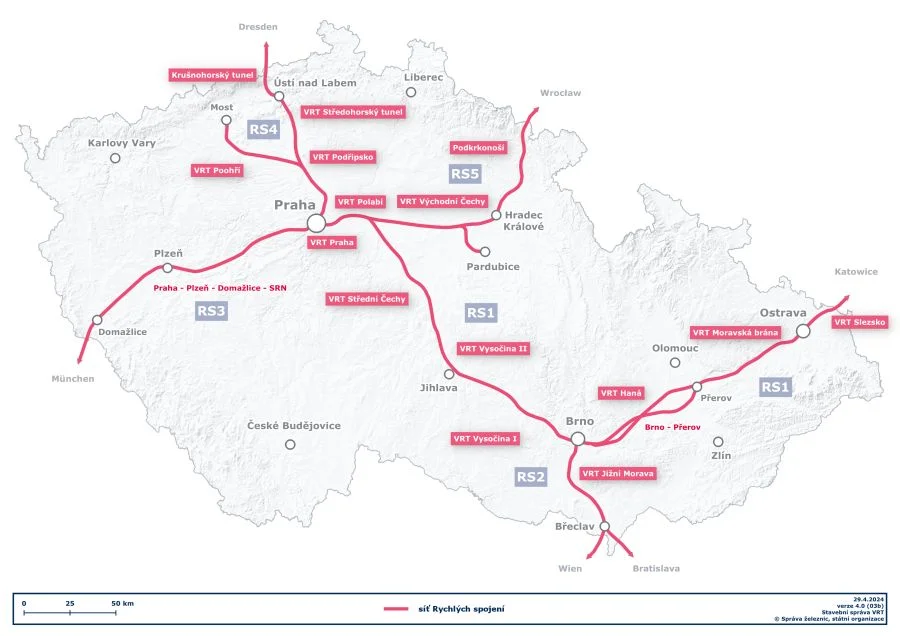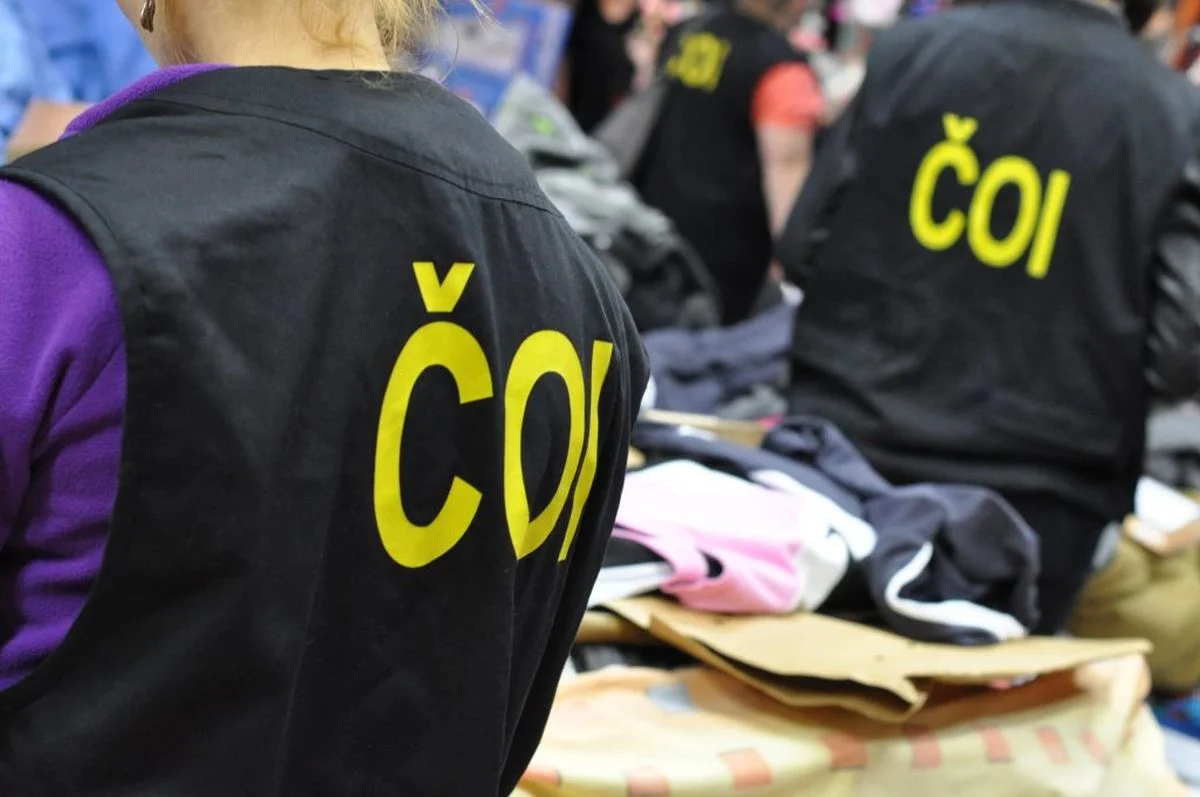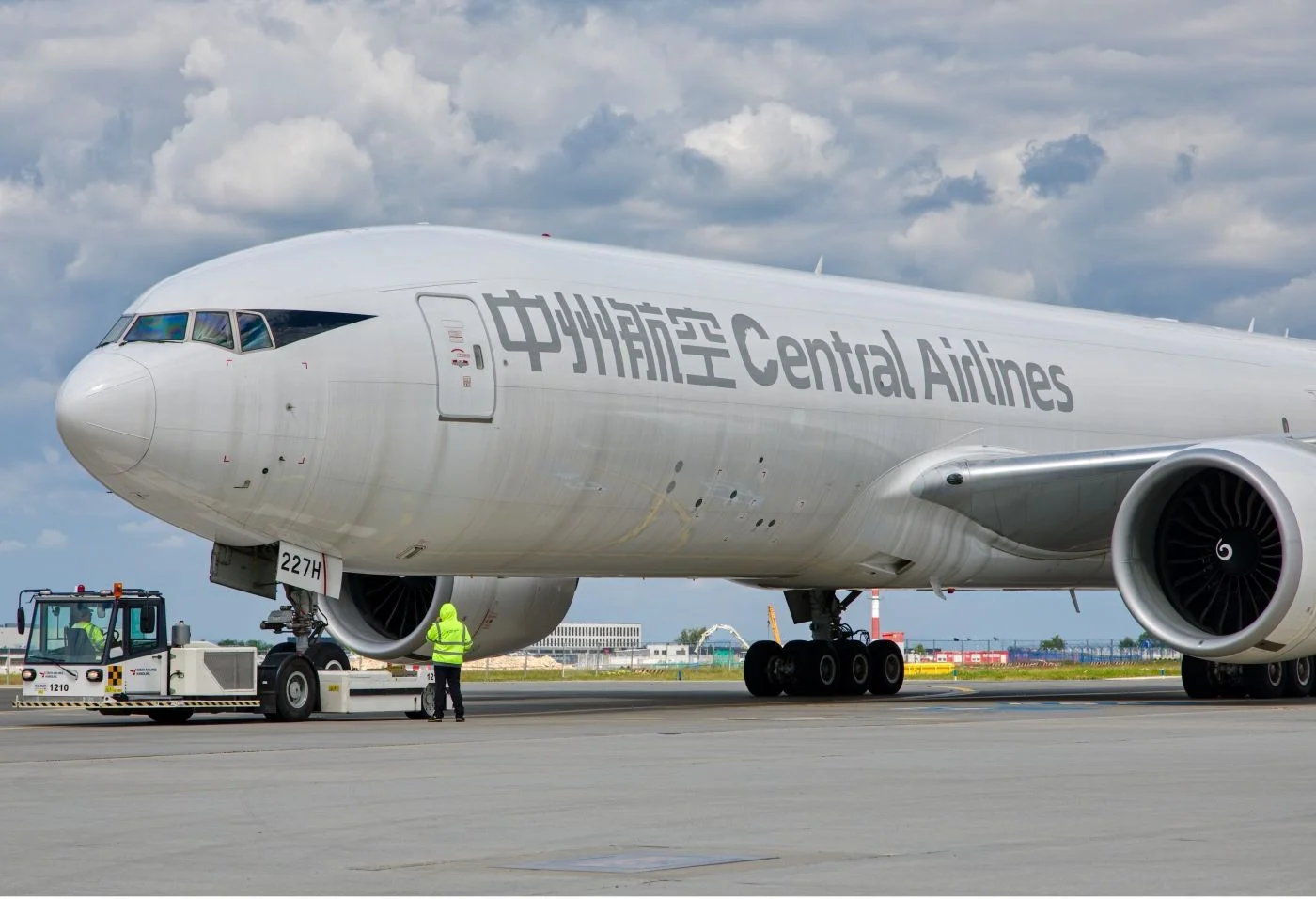
Visualisation: Ministerstvo dopravy ČR
The start of construction between Brno and Přerov marks the beginning of the first section of a future high-speed railway line in the Czech Republic. The modernised route is expected to allow speeds of up to 200 km/h in the future.
With the official launch of the fourth construction phase of the modernised railway line between Brno and Přerov, the expansion of the Czech rail network continues to advance—marking the beginning of a new era of high-speed connections in the country. The upgrade will allow for speeds of up to 200 kilometres per hour in the future.
The centrepiece of the current section involves several route realignments to make higher speeds technically feasible. A 744-metre-long tunnel, the Němčice Tunnel, is being built beneath Kozlov Hill. Eight new bridges are also planned, the longest of which—measuring 122 metres—will span the valley of the Žlebůvka stream.
“We are witnessing a historic moment: the start of construction on the first section of the future high-speed railway line. The modernised line will connect with the planned high-speed network (Vysokorychlostní tratě | VRT) in both Brno and Přerov, enabling unparalleled travel times across the country,” said Transport Minister Martin Kupka at the project presentation.

A new crossover will be built in the middle of the modernised section, allowing trains to switch between tracks—an essential feature for future high-speed operations. The existing station in Němčice nad Hanou will be replaced by a new station of the same name, located closer to the town centre. In Měrovice nad Hanou, modern, step-free access points are also being constructed, along with parking spaces for cars and bicycles.
In future, the line will be double-tracked throughout—offering a crucial operational advantage. “Trains will no longer have to wait for oncoming services. We will also install the European Train Control System (ETCS) on this section and eliminate two level crossings—both measures will significantly enhance safety,” explained Jiří Svoboda, Director General of the Czech Railway Administration (Správa železnic). According to Svoboda, only with these improvements will speeds of 200 km/h be achievable.
The project is valued at nearly CZK 7.76 billion. Preparatory works are already underway, including archaeological surveys and tree felling along the planned route.
The project is partially funded by the European Union. Co-financing has been requested under the Connecting Europe Facility (CEF). The ETCS installation is also being co-funded by the EU through the European ERTMS programme. The Czech State Fund for Transport Infrastructure is contributing national funds.
More from Business

TOP Zaměstnavatelé 2026: Salary Matters – But It’s Not Everything

Crackdown on Counterfeit Goods: ČOI Withdraws Around 22,000 Products in 2025

